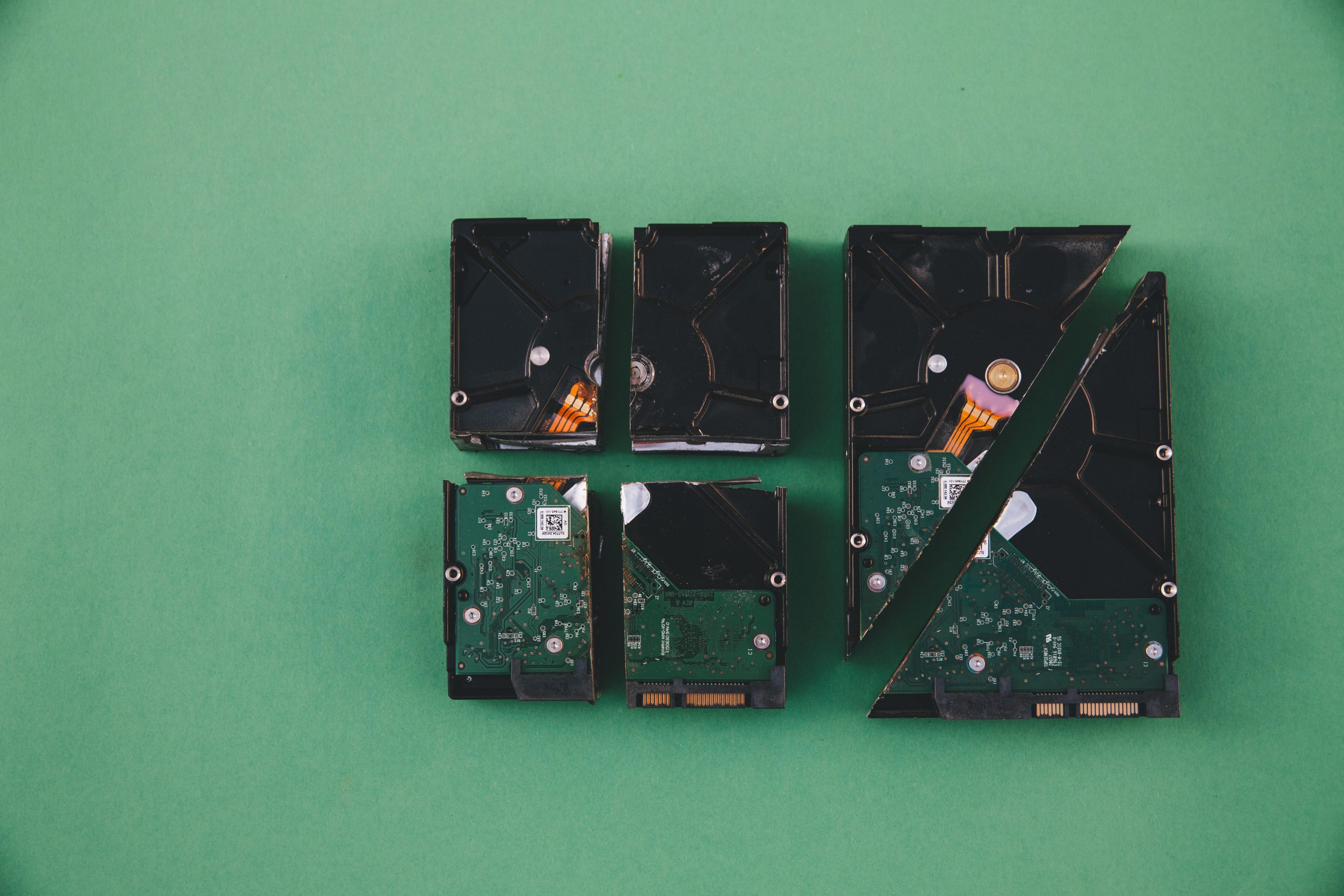Accidentally Deleted Important Files While Installing Windows on My HDD: Is Data Recovery Possible?
In the realm of digital storage and operating system installations, unforeseen mishaps can occur—sometimes leading to significant data loss. This recent experience highlights the importance of caution when managing storage devices, especially during OS installations or updates.
The Scenario
While attempting to install Windows 10 onto a portable SSD (specifically, an SDSSDE61 1TB drive), I unintentionally deleted essential files. The process involved using the Windows Media Creation Tool, which I launched without thoroughly reading the prompts, simply clicking through the on-screen instructions. Unfortunately, I selected options that resulted in formatting or overwriting my drive, subsequently erasing all my important data stored there.
Understanding Data Loss During OS Installation
When installing or reinstalling Windows, certain steps—if not carefully managed—can lead to data loss. Common pitfalls include selecting the wrong drive during the installation process, formatting the target drive, or inadvertently deleting partitions containing valuable files.
In this case, the action—combined with a lack of careful reading—caused the deletion of critical files stored on the external drive. Since the files appear to have been overwritten by the new OS data, the situation poses a challenge for data recovery.
Is Data Recovery Still Possible?
The possibility of retrieving lost data depends on several factors:
- Extent of Overwriting: If the files were simply deleted but the data blocks on the drive remain untouched, recovery tools might be able to restore the files.
- Time Elapsed & Drive Usage: The more the drive has been used after the deletion, the higher the chance that overwritten sectors contain new data, reducing recovery chances.
- Type of Data & Backup Status: If there’s no backup and the data has been overwritten, recovery becomes more complex but not necessarily impossible.
Recommendations
- Immediately Cease Using the Drive: To prevent further overwriting, avoid writing new data to the drive.
- Consult Data Recovery Professionals: Professional data recovery services can often retrieve data from drives with overwritten files, especially if the drive hasn’t been extensively used since deletion.
- Use Reliable Data Recovery Software: If you wish to attempt recovery yourself, consider trusted tools like Recuva, EaseUS Data Recovery Wizard, or Stellar Data Recovery. Remember, minimal activity on the drive increases recovery chances.
- Implement Regular Backups: To prevent future data loss, establish a routine backup
Share this content:



